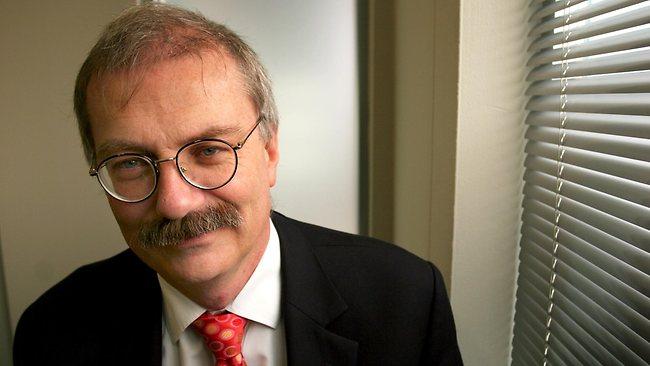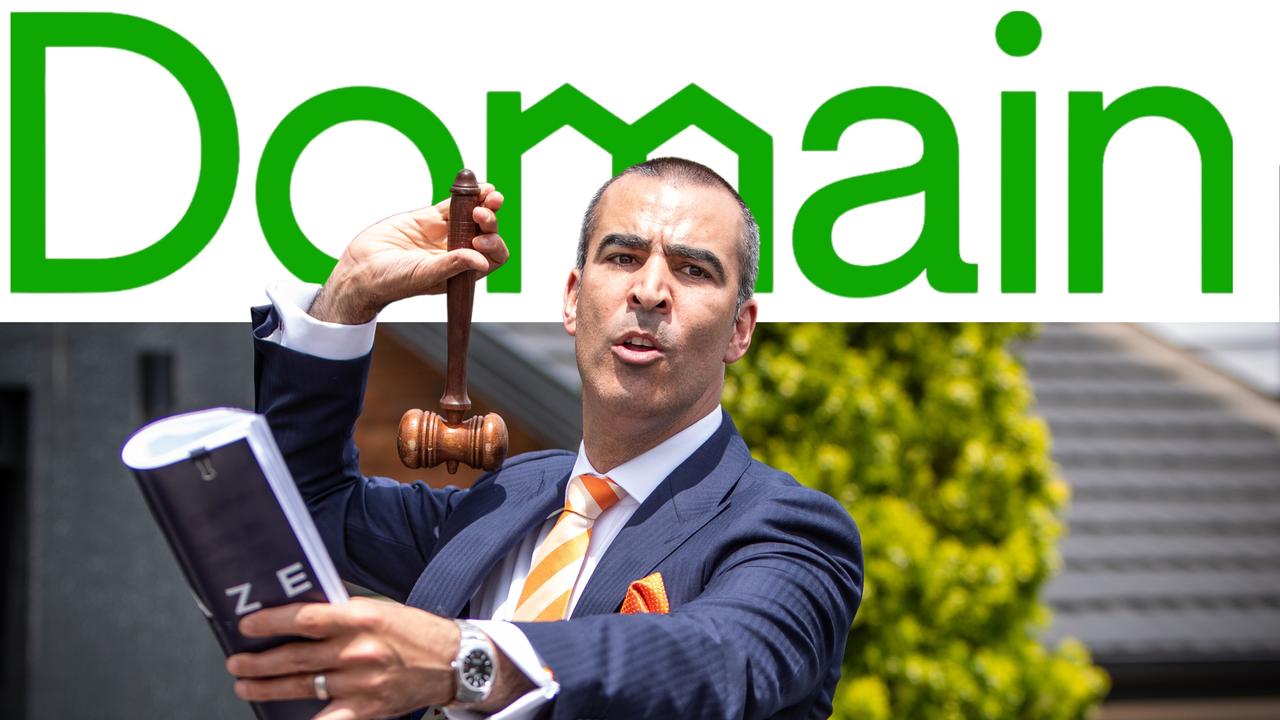AFR email selection distorted picture to show News 'piracy scam'
THE AFR and the BBC selected a handful of emails to paint a blatantly incorrect conspiracy theory about News Corporation.

THE Australian Financial Review and British broadcaster the BBC selected a handful of emails from a cache of almost 15,000 to paint a blatantly incorrect conspiracy theory of a global piracy scam orchestrated by News Corporation.
Forensic analysis of thousands of those emails, which the AFR describes as the "great bulk of our supporting material", shows the 45 stories they sparked were based on incorrect assumptions, false interpretations and highly selective reporting. AFR journalist Neil Chenoweth, known for his highly critical reporting on News Corporation - the ultimate owner of The Weekend Australian - and its chairman and chief executive Rupert Murdoch, joined forces with the BBC's investigative program Panorama to air the claims.
The findings, which he claimed were the result of a "four-year investigation", have since been widely rejected by key players in the pay-TV industry.
Panorama alleged that a "secret" former News subsidiary had orchestrated hacks on the pay-TV access technology of rivals of News's pay-TV arm BSkyB and distributed that information to pirates to undermine rivals and buy them at discount prices.
Pay-TV operators issue subscribers with heavily encrypted "smart cards", created by information technology experts, which descramble transmissions. This allows subscribers access to programming. Computer hackers found a lucrative market in hacking the encryption in those cards. It was, according to the BBC, the "biggest Murdoch scandal of all ... this time in pay-TV".
According to the AFR, it was "a global trail of dirty tricks".
The paper used the Panorama allegations as a launch pad to claim similar News activities in Australia and launched into a barrage of stories "supporting" those claims, publishing 45 articles to date, containing 44,312 words. In support, the AFR posted online 5376 emails (dated between 1997 and 2001) from NDS, the News arm which then provided security systems for its pay-TV interests.
The Weekend Australian has read the first 4500 of those emails. They reveal an entirely different picture to that alleged by the AFR and the BBC.
The key claim by Panorama is that NDS facilitated the hacking and distribution of the codes, unlocking the pay-TV subscriber access of its competitor OnDigital - a move that contributed to the £1 billion collapse of OnDigital in 2002. Panorama published portions of two out-of-context internal NDS emails to support this claim. In those emails, NDS employees discuss the details of the hacked OnDigital code, which was publicly available at the time.
Panorama, and the AFR, neglected to report the details included in several other emails - and one very important point.
At the time, OnDigital aired a substantial amount of Sky programming. It was against the interests of BSkyB and News that OnDigital be hacked.
In several emails written after the OnDigital hack became public, NDS's British head of operational security, Ray Adams, expressed serious concerns regarding the hack.
One email shows Mr Adams contacted the British anti-piracy authority, the Federation Against Copyright Theft, and the operator of OnDigital's security system, SECA, "to bring them into the fight" and instigated, with authorities, "arrest operations ... to discourage those involved in the sales".
"The reason we are able to arrest operations is that Sky are a victim in as much as the platform carries our programming," Mr Adams wrote.
In another email, also not reported by the AFR or Panorama, Mr Adams wrote: "I would like to sit down with OnDigital and SECA and see what we can do together to control the hack and thus protect SKY as the eventual revenue loser."
Abe Peled, executive chairman of NDS, which is no longer majority-owned by News, has described the Panorama and AFR accusations as a "shocking manipulation of evidence" and called on those media outlets to "retract these allegations immediately".
News has also strenuously rejected the allegations.
A key component of the allegations was that NDS had secretly funded a piracy website called The House of Ill Compute (thoic.com), which it used to distribute the NDS-hacked "keys" of rival systems.
In fact, the website, by the time NDS began secretly operating it, had become a significant meeting place for hackers around the world to share secrets.
Generally these chat rooms require secret codes for access, limiting the ability of anti-piracy teams to listen in on piracy activities.
The emails show NDS took control of THOIC, but they show that NDS utilised the website as a highly effective means of eavesdropping on hackers.
Many more emails show that actions instigated by NDS and passed on to government regulators around the world stemmed from information unwittingly revealed by pirates on the site.
Yet more emails show NDS shared information from THOIC with its competitors, with major NDS rival Irdeto even partly funding the site.
The emails show that NDS also worked closely with a wide-range of authorities to combat piracy, including FACT in Britain, the FBI in the US and the Royal Canadian Mounted Police.
Despite scores of emails that discussed dealings NDS had with FACT, neither the AFR nor Panorama mentioned any of them once.
The AFR also suggested NDS had bribed British police to illicitly gain telephone records, citing a £2000 donation to Surrey Police in 2000, for which the AFR concedes a "receipt" was received.
In response to written questions, News Corporation said it had made a "one-off donation to the Surrey Police force for the sum of £2000".
"NDS has made no other payments to police from that budget or any other," News said.
News provided The Weekend Australian with a letter dated August 8, 2000, from Surrey Police detective inspector Chris Williamson thanking NDS for the donation.
"I would like to express our thanks to you and your company for the kind donation which will be used directly in the fight against organised crime," Mr Williamson wrote.
A Surrey Police spokesman this week confirmed the £2000 donation from NDS in 2000 and said it was part of £46,700 "recorded by the force that year as being received as sponsorship from a range of companies including gas and water supplies and town councils".
Chenoweth, who was a consultant for the Panorama program, and AFR editor-in-chief Michael Stutchbury declined to comment this week when contacted by The Weekend Australian.



